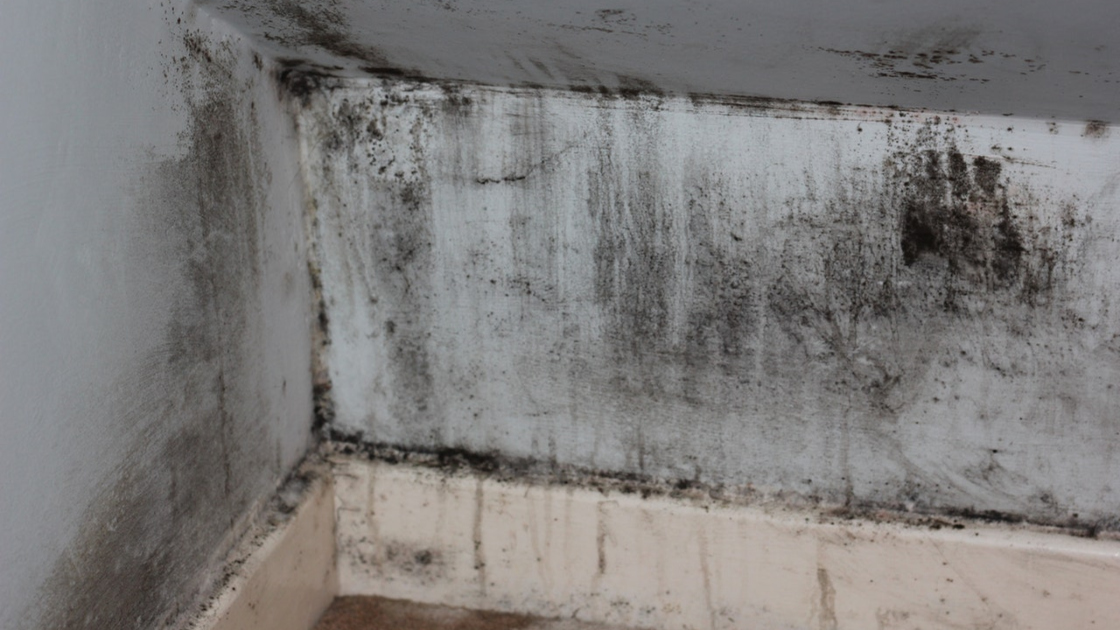Dealing with strata mould
The responsibility and removal of strata mould varies depending on the location and its cause. But regardless, mould is dangerous and can be costly, both financially and to a strata’s reputation. Let’s look at what mould is, how it forms and who is responsible for it in strata complexes.
What is mould?
Mould is a naturally occurring fungi that is actually vital to the ecosystem. Mould is not critical for a human’s living area, however, and although it is natural, it must be maintained and mitigated because it can be harmful to people and pets.
If there is a damp or moist area with poor ventilation and limited exposure to sunlight, then you should expect mould to form. A common area of mould growth is bathrooms. This is due to the steam from showers and water leaks from pipes getting caught in tiles or ceiling gaps.
Mould grows and spreads, producing airborne spores that travel and can be inhaled or digested. Many studies show that mould is linked to poor air quality, asthma and allergic reactions. If weak immune systems are exposed to this, then the symptoms can escalate even further. Despite its nasty effects, there are very few cases of toxic mould in homes. But still, why take the chance?
There are over 10,000 species of mould and most exist outdoors. It helps breakdown and decompose organic matter. Though almost every home has some mould somewhere, we do want to minimise the amount inside our homes as much as possible.

A Little About Us
We are proud to offer the most comprehensive strata management services throughout Sydney for the guaranteed best price.
Our team are fully licensed managers that have experience with all levels of strata from commercial, residential, community and retirement. Our industry experience combined with our responsive and friendly staff make us unique strata management providers.
Who is responsible?
Every individual has their role to play in stopping mould: ensuring your space gets adequate sunlight (if possible), properly ventilating your home/property, avoiding and reporting leaks or water damage, ensuring that areas are clean and removing organic waste properly. These individual acts can help mitigate mould growth. But even after all this, there may still be growth occurrences.
If the mould growth is in common areas, seek and notify your strata managers immediately. Tackling the problem as soon as possible limits the potential spread. If you have mould in your living space, then face it immediately. You should ensure that the area is thoroughly cleaned and inspect the room for any potential water leaks or structural damage. If the mould is occurring due to building defects, then consult your strata manager. But if it is due to personal living arrangements, then it is simply a matter of removing the mould carefully.
Mould is often seen as a big scary thing to people, when in fact most of these is harmless. Even harmless mould, however, needs to be taken care of, before it spreads or develops into something worse. Having clean common areas is essential—and your local strata managers can help make sure that mould or other common problems are minimised and removed.
If you are unhappy with your current managers or are looking for more comprehensive strata management services, then call your local Strata & Co. managers at 1300 033 947. Our fully licensed and experienced staff make all things strata simple.

REQUEST AN OBLIGATION FREE QUOTE
We offer the best prices guaranteed, responsive team members and comprehensive services. You know you are in good hands with Strata & Co!





